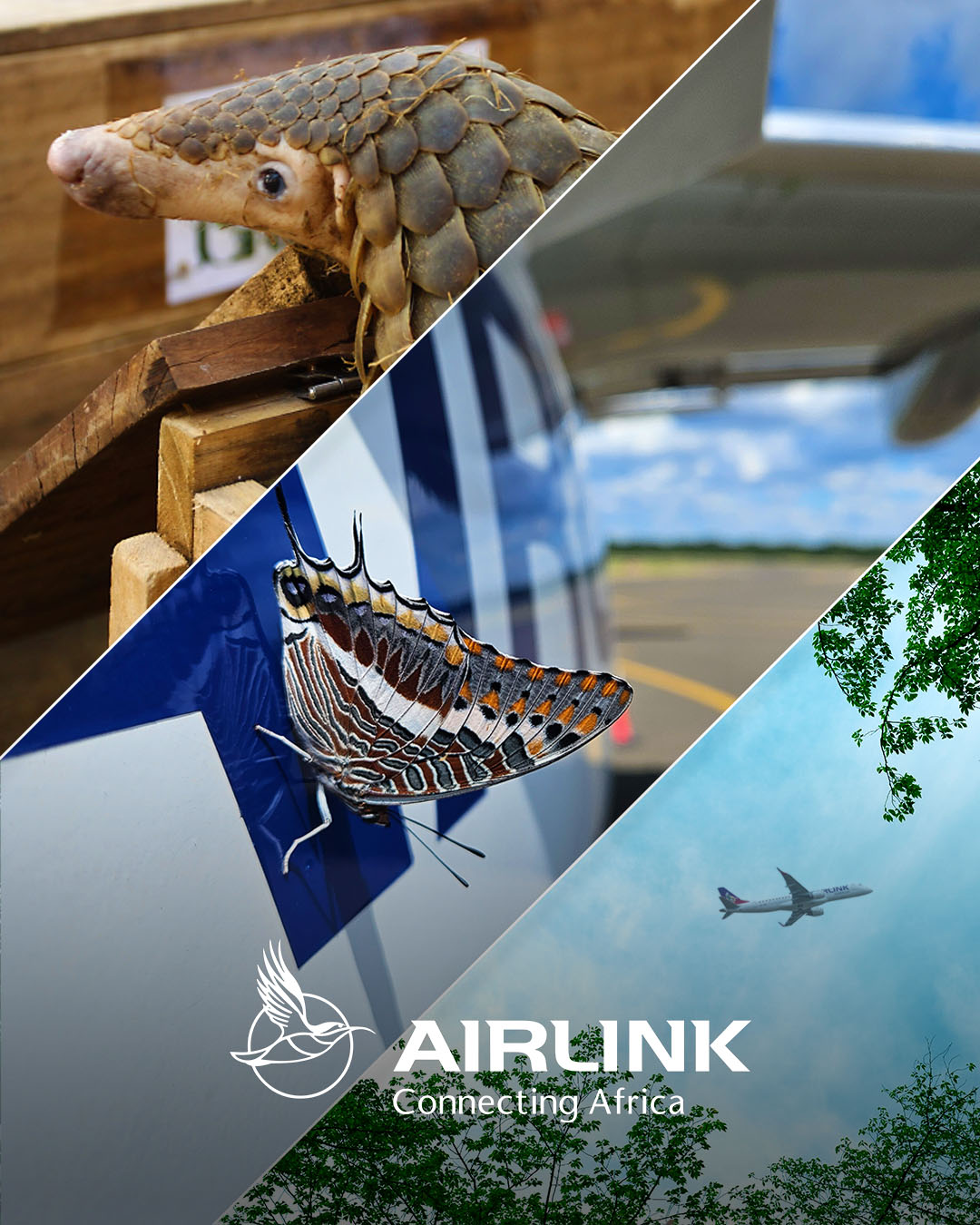
Johannesburg, April 3, 2025 – Airlink's world-class environmental management and sustainability practices are recognized by the International Air Transport Association (IATA) Environmental Assessment (IENVA) organization.
Airlink's IENVA accreditation confirms global standards of environmental practices and compliance with the Buckingham Palace Declaration to combat the illegal wildlife trade. Airlink's IENVA certification benefits customers and partners as well.
“Airlink's business and leisure customers are increasingly focusing on limiting environmental impacts. Similarly, environmental conservation and wildlife are the core of the livelihoods, businesses and economies of the many destinations we serve. As an important link in that chain, Airlink has an obligation to have a positive impact on the environment. The players described Airlink's CEO, de Villier Engelbrecht.
“What plays our role in the global battle against the illegal wildlife trade supports the value of airlines, which has been proven in a recent collaboration of the Wildlife Transport Task Force in the repair of the world's most vulnerable and endangered animals, returning to Airlink Cargo and the secret habitats of some of the world's most vulnerable and endangered animals.
The IATA Environmental Assessment (IENVA) Voluntary Accreditation Program independently assesses the commitments of airlines, airports, cargo processing facilities, freight carriers and other aviation role players to continuously improve environmental and sustainability performance. It is based on globally recognized standards and industry best practices, including the ISO 14001 Environmental Management System Standards and IATA Operational Safety Audit (IOSA). Ienva also provides guidelines, procedures and other tools to help organizations improve sustainability management.
The 2016 Buckingham Palace Declaration is a groundbreaking agreement launched by United for Wildlife, an organization founded by Prince William and the Royal Foundation, to combat the illegal wildlife trade. It aims to close transport routes exploited by illegal wildlife products traffickers and focus on eliminating vulnerabilities in the transport and customs sector.


